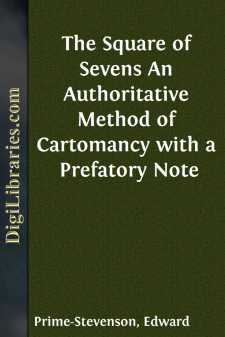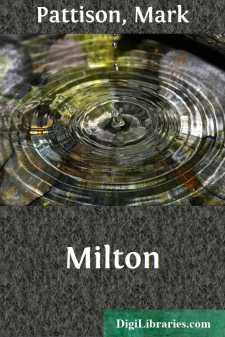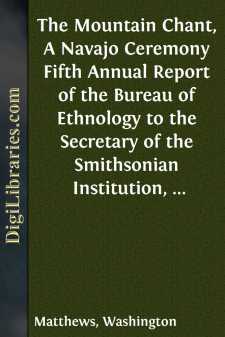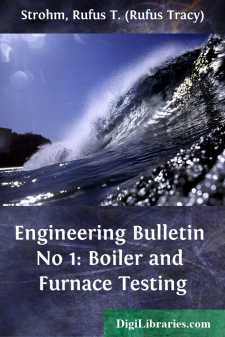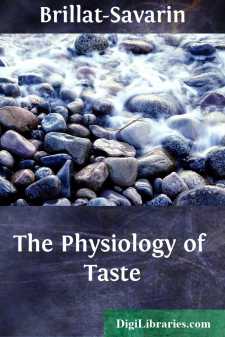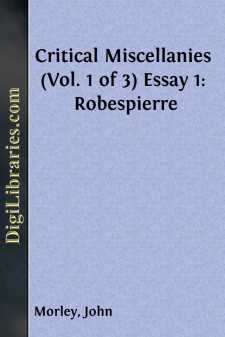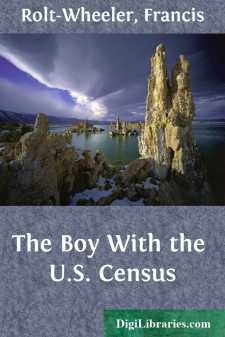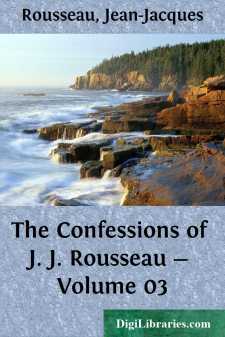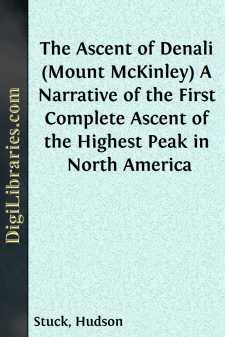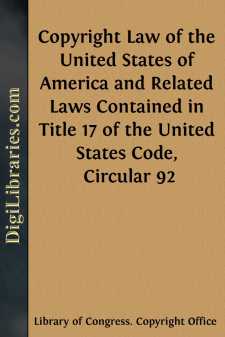Non-Classifiable
- Non-Classifiable 1768
Non-Classifiable Books
Sort by:
Editorial Preface "'Tis easy as lying."—Hamlet It is safe to presume that even the most inquisitive book-hunters of the present day, and few of the fellowship during two or three generations past, have encountered the scarce and curious little volume here presented, as in a friendly literary resurrection—Robert Antrobus's "The Square of Sevens, and the Parallelogram." Its...
more...
by:
Mark Pattison
CHAPTER I. FAMILY—SCHOOL—COLLEGE. In the seventeenth century it was not the custom to publish two volumes upon every man or woman whose name had appeared on a title-page. Nor, where lives of authors were written, were they written with the redundancy of particulars which is now allowed. Especially are the lives of the poets and dramatists obscure and meagrely recorded. Of Milton, however, we know...
more...
INTRODUCTION. 1. The ceremony of dsilyÃdje qaçàl, or mountain chant—literally, chant towards (a place) within the mountains—is one of a large number practiced by the shamans, or medicine men, of the Navajo tribe. I have selected it as the first of those to be described, because I have witnessed it the most frequently, because it is the most interesting to the Caucasian spectator, and...
more...
NECESSITY FOR TESTING BOILERS. A boiler test is necessary in order to determine how well the boiler is doing the work expected of it; that is to say, we must find out whether we are wasting coal in making steam and how much this waste may be. Such a test may be made to discover the efficiency of the boiler, or the quantity of water it is evaporating, or the cost of evaporating 1,000 pounds of water....
more...
by:
Brillat-Savarin
The excellent man to whom we are indebted for this book has described himself, with so much charm, nature and truth; the principal events of his life have been recorded in such an agreeable and faithful manner that very few words will suffice to finish the story. Brillat Savarin (Anthelme) Counsel of the Court of Cassation, member of the Legion of Honor, member of the Society for the Encouragement of...
more...
by:
John Morley
A French writer has recently published a careful and interesting volume on the famous events which ended in the overthrow of Robespierre and the close of the Reign of Terror. These events are known in the historic calendar as the Revolution of Thermidor in the Year II. After the fall of the monarchy, the Convention decided that the year should begin with the autumnal equinox, and that the enumeration...
more...
CHAPTER I A BLOOD FEUD IN OLD KENTUCKY "Uncle Eli," said Hamilton suddenly, "since I'm going to be a census-taker, I think I'd like to apply for this district." The old Kentucky mountaineer, who had been steadily working his way through the weekly paper, lowered it so that he could look over the top of the page, and eyed the boy steadfastly. "What for?" he queried....
more...
Leaving the service of Madam de Vercellis nearly as I had entered it, I returned to my former hostess, and remained there five or six weeks; during which time health, youth, and laziness, frequently rendered my temperament importunate. I was restless, absent, and thoughtful: I wept and sighed for a happiness I had no idea of, though at the same time highly sensible of some deficiency. This situation is...
more...
by:
Hudson Stuck
PREFACE Forefront in this book, because forefront in the author’s heart and desire, must stand a plea for the restoration to the greatest mountain in North America of its immemorial native name. If there be any prestige or authority in such matter from the accomplishment of a first complete ascent, “if there be any virtue, if there be any praise,” the author values it chiefly as it may give...
more...
Except as otherwise provided in this title, as used in this title, the following terms and their variant forms mean the following: An "anonymous work" is a work on the copies or phonorecords of which no natural person is identified as author. An "architectural work" is the design of a building as embodied in any tangible medium of expression, including a building, architectural plans,...
more...


